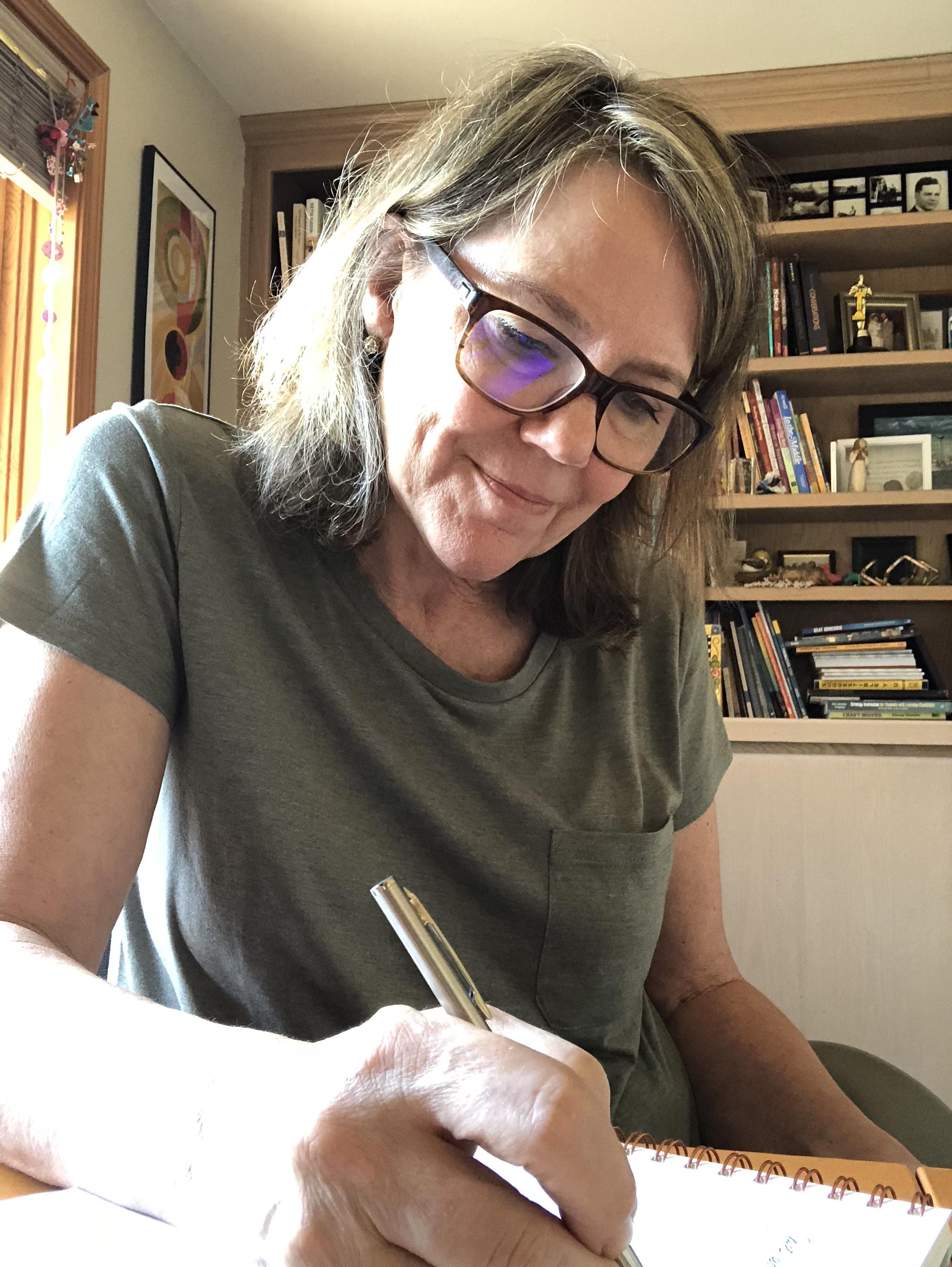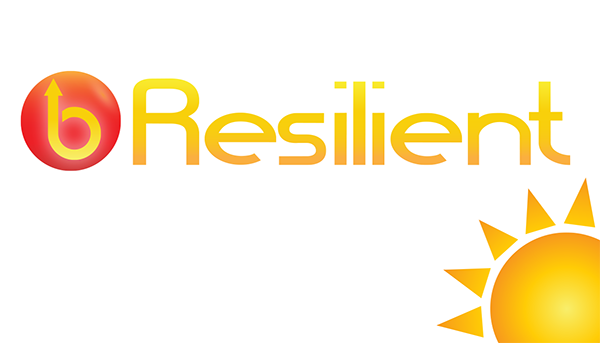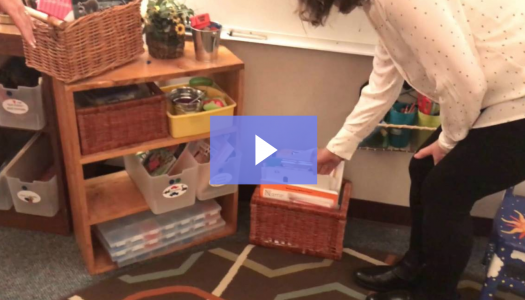Gail Boushey
I tend to think of myself as a reader, not a writer. I understand that the more I write, the more confidence I’ll gain, and I know I should set aside some time each day to write, yet I easily find other things to do. And the busyness I inflict on myself makes the “I just don’t have time” excuse much more plausible.
 Jen McDonough shifted my thinking at the SDE (Staff Development for Educators) Conference last month when she addressed the audience:
Jen McDonough shifted my thinking at the SDE (Staff Development for Educators) Conference last month when she addressed the audience:
“Raise your hand if you learned how to teach reading in college.” (All the hands went up.)
“And how many of you are readers yourselves?” (All the hands stayed up.)
“Raise your hand if you learned how to teach writing in college, and keep your hand up if you write now.” (Only one person raised their hand.)
That was an aha moment for me. Many of us were not taught how to write ourselves, nor were we taught how to teach students to write. It is no wonder we often teach writing with a “do what I say, not what I do” approach. We simply follow a lesson plan that tells students how they should write. Jen said that if we don’t experience the joys and struggles of writing ourselves, including writing in the genres and doing the types of writing we are asking of students, we are missing the experiences and background knowledge, and the insights into the ins and outs, that will make the lessons authentic for our students.
The purpose of writing each day became clear to me, and, just as important, so did the underlying reason for my lack of motivation. I truly thought I was missing the writing gene, when in fact I was just missing the purpose of writing, which provides the sense of urgency and motivation. I’d heard that information before, but for some reason, I was in a receptive place to really hear the message this time.
There is an important reason for me to write each day. I must do it if I am to help students from a place of experience. I need to be able to say, “Yes, I too have wrestled with coming up with an idea. Here is what I do when that happens.” “Let me show you how I play with lead sentences until I find one I like best.” “Let me show you how I sketch out my idea and fill the details in afterward.” “Let me show you how I revise when I think I’m finished to make things even better.”
I have been able to help students be proficient readers my entire career because I am a reader; I read every single day. Something Jen said has added to this mission: “We are committing ourselves to help this next generation of students be writers, and it is up to us to grow our own writing so we can help them improve their writing as well.”
What are you writing today?
News From The Daily CAFE
Page-Turners—Summer-Themed Chapter Books
Classroom Design—Step 2: Gathering Space








